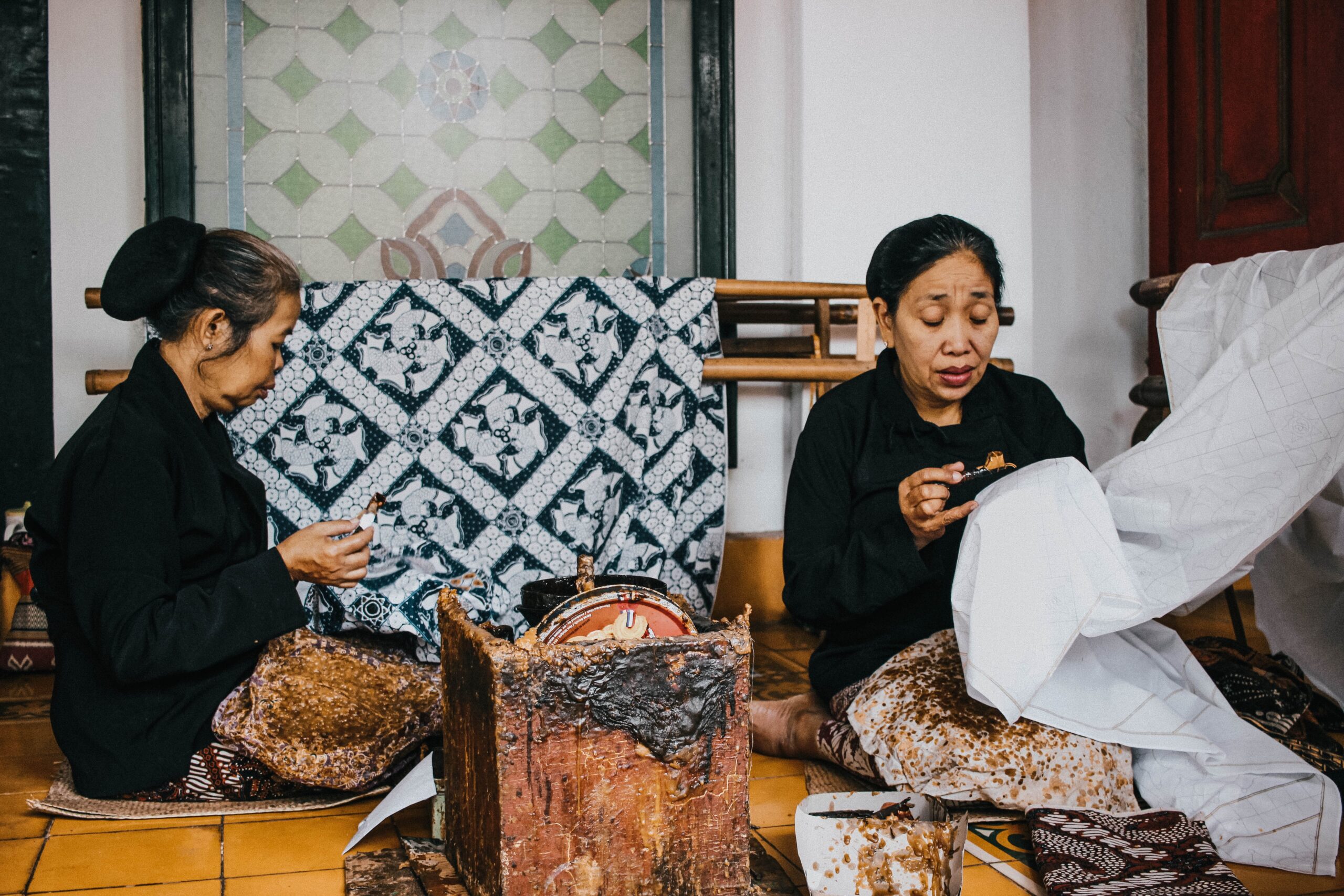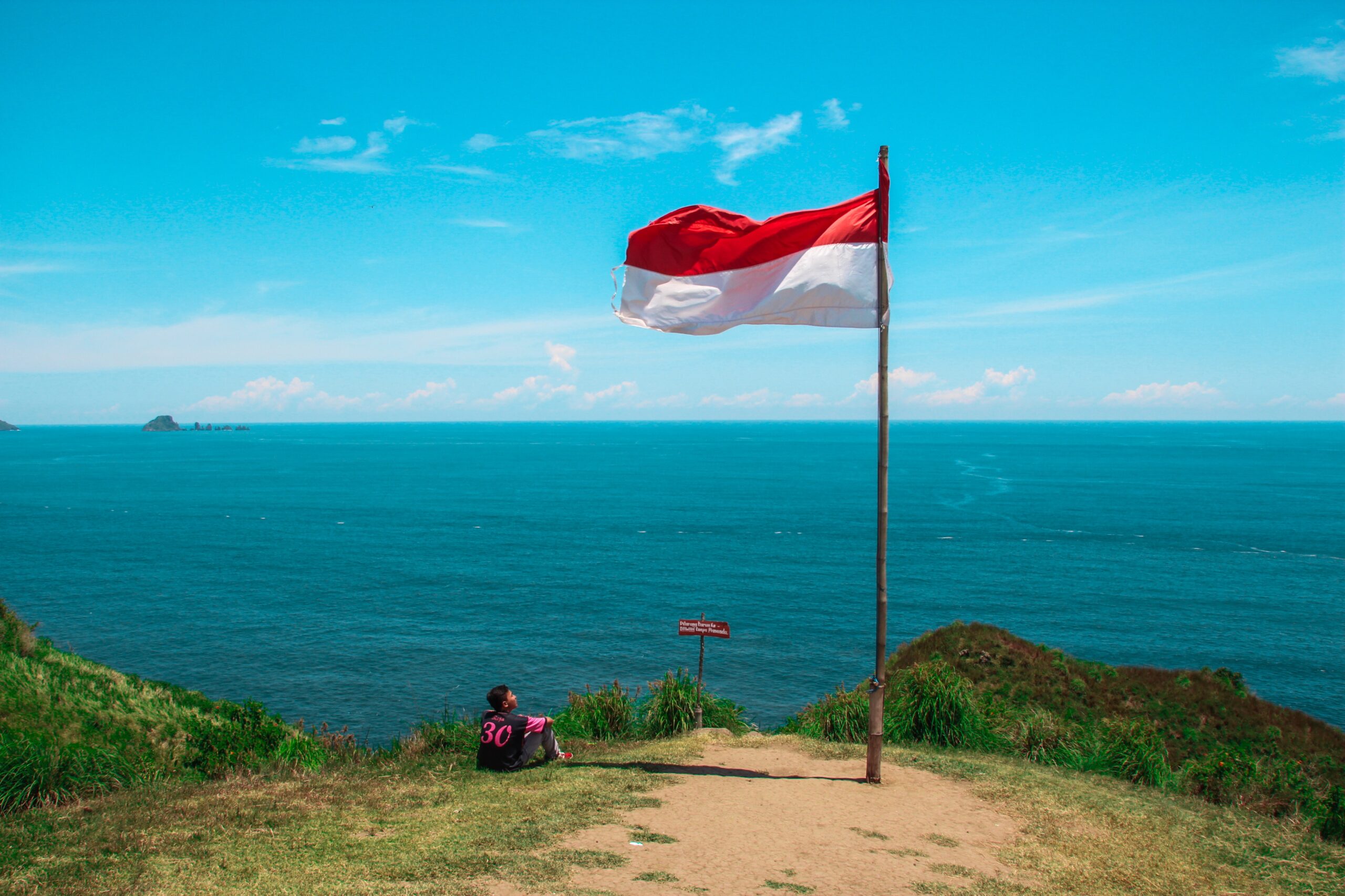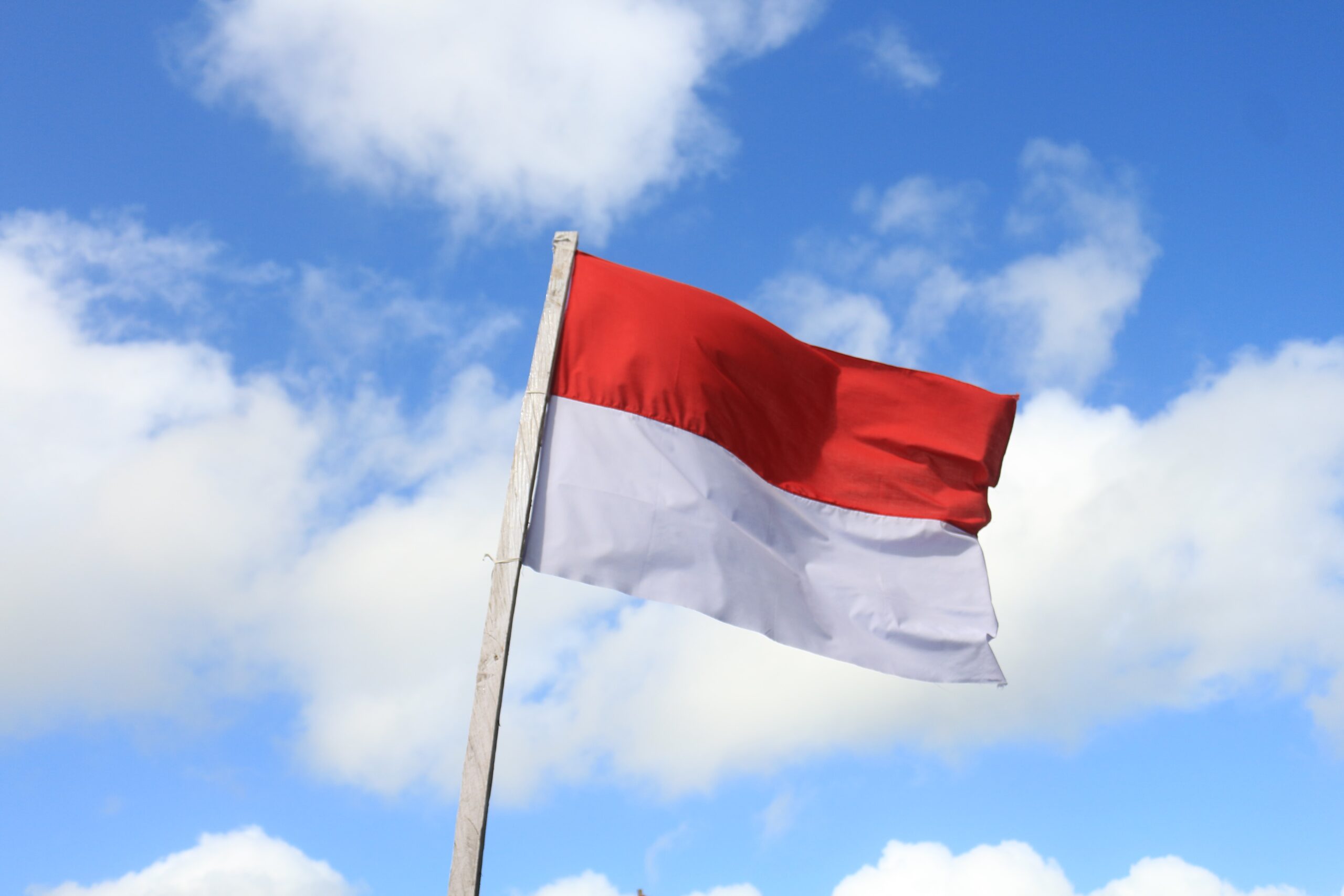âCintailah produk-produk Indonesia!â
If you were ever near a TV in the past decade, you might be familiar with this slogan that invites people to love Indonesian products by Maspion Groupâs President Director Alim Markus. His distinctive intonation and expression have ingrained the sentiment in many Indonesians. This slogan was rallied at the same time as the government campaign â100% Cinta Indonesiaâ launched in 2009 to promote brands and products made in Indonesia. A similar campaign, âBangga Buatan Indonesia,â has been resurrected amid the pandemic by President Joko Widodo, who called for Indonesians to be proud of Indonesian-made products.
Do these campaigns work? While it is difficult to draw a direct correlation to the campaign, it appears that Indonesian consumers already have a natural affinity towards Indonesian brands, especially for basic necessities. According to a consumer survey conducted by Deloitte in 2019, Indonesians tend to prefer food, household, and personal care products that are perceived to be Indonesian but prefer foreign brands for household appliances and electronics. So outside of the latter categories, the majority of Indonesian consumers would buy products that have local branding.
Unfortunately, this preference towards local brands has been challenged by the COVID-19 pandemic. In its 2021 paper, Deloitte Consumer Insight reported that the economic uncertainty brought about by the pandemic has resulted in consumers being more prudent, and hence more price-sensitive, about their purchases. During the pandemic, the productsâ country of origin has become the least important consideration for purchase decisions. Instead, promotions, discounts, and free delivery have become the essential points of consideration. As a result, imported goods that can be bought cheaper, especially through e-commerce websites, have a competitive advantage compared to local goods.
During the pandemic and beyond, it is crucial for local businesses to harness Indonesian consumersâ large and resilient purchasing power and gain their loyalty. If winning their wallets (by reducing prices) is not feasible, businesses can try to win their hearts and minds. Yet, what kind of campaign messaging can move consumers to prioritize buying local products?
Examples from other countries: national-level and community-level campaigns

One of the most successful national campaigns to encourage consumer preference towards local products is our neighbor’s Australian-made logo campaign. It is a triangular green-and-gold logo featuring a kangaroo that the countryâs prime minister introduced in 1986, usually featured in the packaging of Australian-produced goods. The use of the logo needs to be pre-approved by a non-profit organization that upholds a set code of practice.Â
The campaign has proven to be successful, demonstrated by the high levels of logo recognition, trust, and preference for products bearing the logo. According to the campaignâs website, 99% of Australians recognize the logo, 92% are confident that the products carrying the logo are genuinely Australian, and 93% have a preference for Australian products. Further, a 2020 research by McKinsey indicated that Australians are increasingly choosing local products.
A part of the reason for the campaignâs success is the local (and even international) consumersâ perception of Australian products compared to other similar products from other countries. Consumers perceive Australian-made goods to be high quality, safe to use and uphold high ethical standards. This perception is, among others, boosted by the campaignâs rigorous approval process for the logoâs use.
An alternative to Australiaâs centrally organized campaign is the rallying call across cities in the United States of America during the pandemic to support local businesses. Even before 2020, many cities and towns in the United States already had their own initiatives to promote local small and medium enterprises by using slogans such as âbuy localâ or âlocally owned.â In contrast to Australiaâs centralized effort based on the perceived high quality of standards, the campaigns in American cities focus on telling individual stories of the business owners and arguing for the improvement of local communities. In addition, these campaigns appeal to the hearts of consumers by inducing empathy and provoking their sense of belonging.
An example is New York Cityâs Shop Your City Challenge in May 2021, which is a 30-day multi-channel marketing campaign to support small businesses in the city. The campaign includes advertising and marketing campaigns, photo contests, partnerships with community leaders, and consumer incentives such as âI Shopped Localâ stickers and tote bags. The campaign hinges on New Yorkersâ sense of belonging to the city and appeals to their empathy toward small business owners who have been struggling during the pandemic.
Whether the Indonesian government and businesses want to run an Australia-style national campaign or focus on local community empowerment, the campaign will have to be more than slogans. A centralized national effort like Australian Made calls for Indonesian producers to maintain a certain quality standard, which may incur additional costs and thus increase product prices. Meanwhile, a smaller-scale âbuy localâ campaign requires in-depth and continuous education to consumers about the importance of supporting local businesses, as shifting local culture may take some time. However, when well-planned and well-executed, these campaigns can eventually shift consumer preferences.
More than blind nationalism

The 100% Cinta Indonesia and Bangga Buatan Indonesia campaigns tap into Indonesiansâ inherent sense of nationalism. After all, surveys (including the above-mentioned Deloitte Consumer Insight 2019) have shown that most Indonesian consumers have a natural affinity towards brands that they perceive as local. Yet, faced by economic turbulence such as COVID-19, along with a barrage of competitively priced imported goods online, the nationalism appealed by these campaigns has been challenged. Thus, if this type of campaign persists, they need to add value to the consumers.
The first step of strategizing how a campaign can add value to consumers is to be clear about the consumer segments they want to target. By dividing target consumers into different parts, businesses can better identify each segmentâs behaviors, mindsets, and key concerns, as well as preferred channels for getting information and purchasing goods. This segmentation would be helpful in narrowing down what kinds of messages should be delivered through the different types of channels. Campaign messaging and incentives that are tailored to the appropriate consumer segments would pull at the right strings of each segmentâs hearts and minds and thus have the power to shape consumersâ mindsets over time.
Further, by understanding the preferences of these segments, local businesses can strategically align their product offerings to the key concerns and purchasing considerations of their relevant key segments. Local products can therefore be marketed as either affordable, prestigious, sustainable, or helping the community depending on the preferences of the specific consumer segment they are targeting. However, it is important that the messaging is consistent and continuous over time so as to educate consumers and create brand loyalty.
At the end of the day, with increasing levels of global trade and the mainstreaming of e-commerce, Indonesian products need to be internationally competitive, even at the domestic level. When businesses understand their consumers’ characteristics, the sense of nationalism can be strategically wielded to their advantage. If Australian products are high quality and support local businesses in New York City to help the community, what should Indonesian products mean to Indonesian consumers?
Are you an Indonesian-based business looking to strategically position yourself in the market and add value to your consumers? Or are you seeking to understand more about the Indonesian market? Staffinc has just the right service for you. Staffinc’s service offers various tailored research services for you to gain the right insights for your business.



